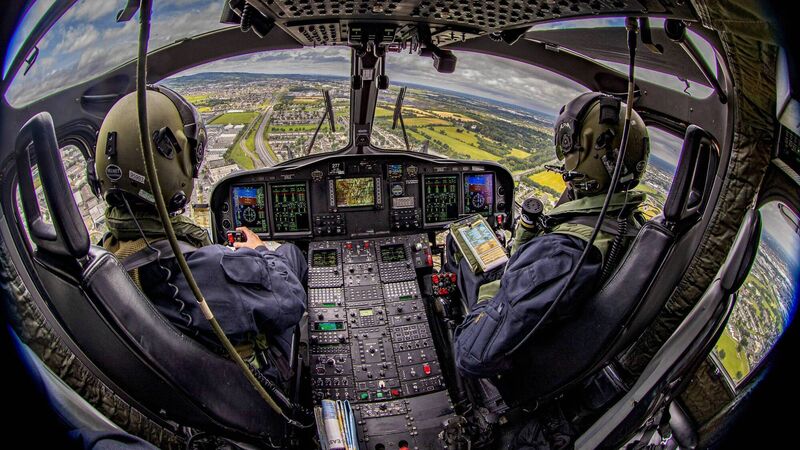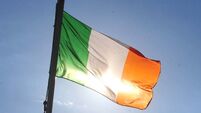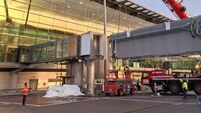Government proposal on triple Lock gives an Irish solution to an Irish problem

In the event of the EU mounting an armed rescue mission, where UN approval could not be achieved, the triple lock would block Irish troops’ participation in missions aimed at saving the lives of our own people, writes Dorcha Lee.
I welcome the Government’s latest proposals to fully restore Irish sovereignty over decisions to deploy Irish troops on armed missions overseas.
It’s time to unlock the triple lock.
















